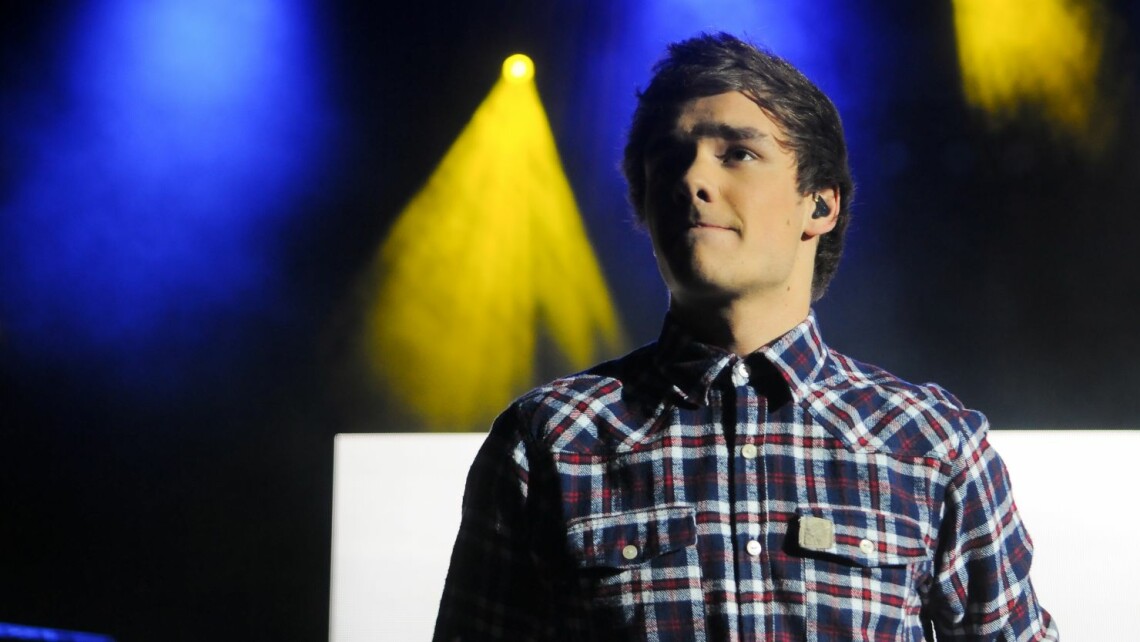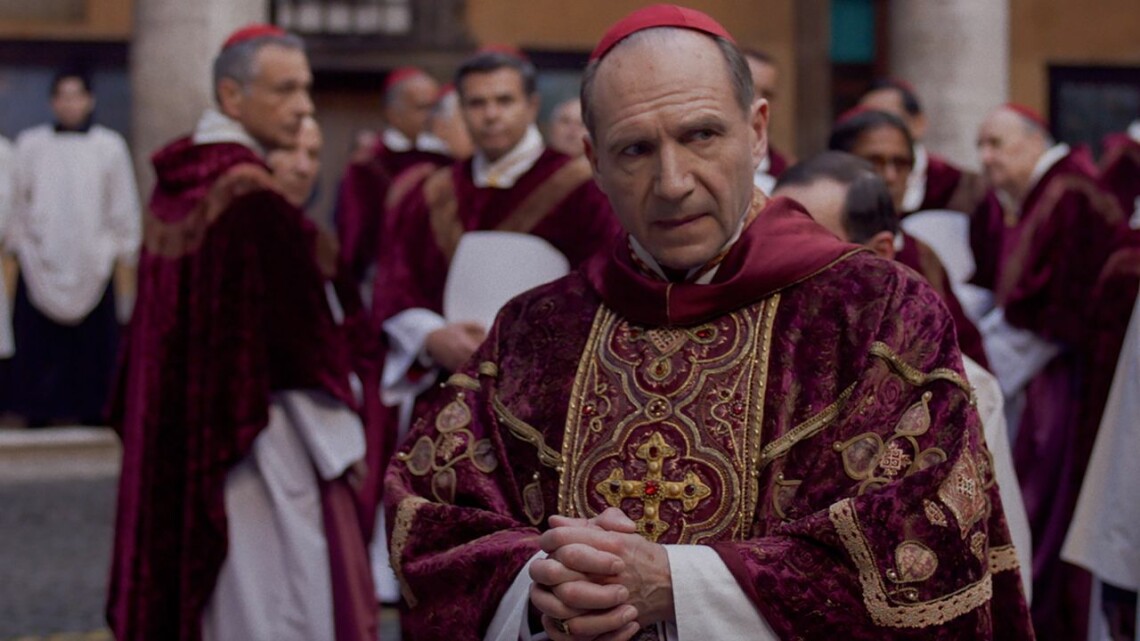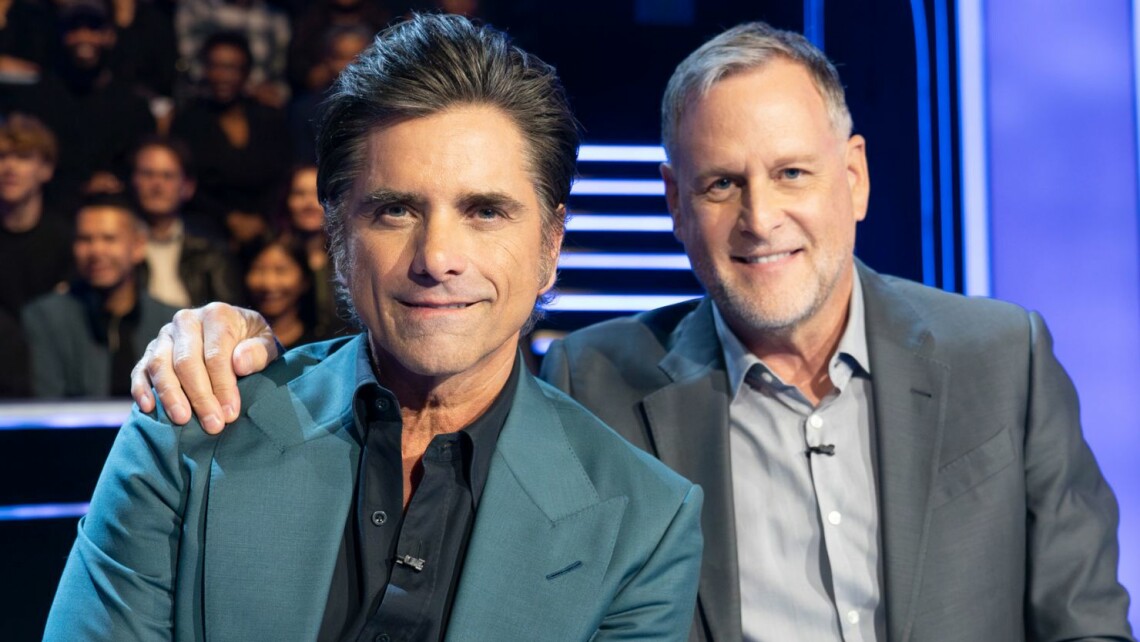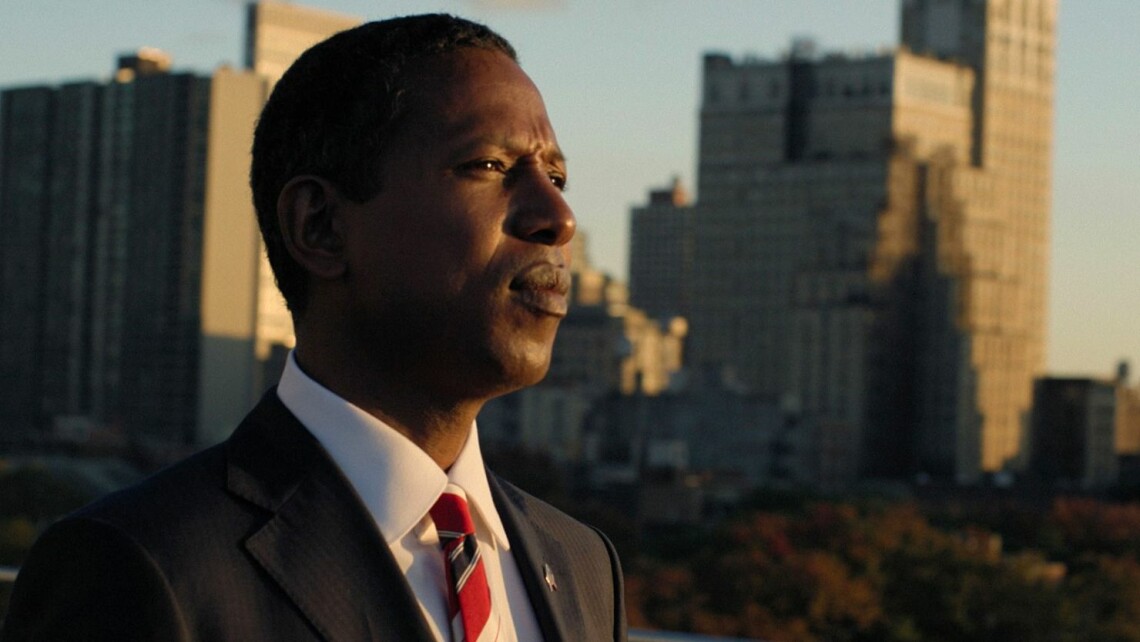The Untimely Loss of Liam Payne Highlights the Entertainment Industry's Repeated Neglect of Young Talent

Liam Payne's final chapter remains enveloped in ambiguity. Authorities in Buenos Aires believe the 31-year-old artist was solitary in his hotel suite during his tragic plunge from a third-floor balcony, landing below in a modest courtyard. The inquiry into the factors leading to Payne's demise is still active, yet the chaotic scene he left—a destroyed television and accounts of erratic, aggressive conduct—paints a grim portrait of his last moments.
Skyrocketing to fame at merely 16 as a One Direction member after his "The X Factor" debut in 2010, Payne spent half of his existence under the relentless scrutiny of the public eye. His premature passing has reignited critical dialogues about the mental health and addiction battles that frequently plague young celebrities thrust into prominence.
Sharon Osbourne, a former "X Factor" judge, penned a searing critique on social media targeting an entertainment industry accused of neglecting the emotional and mental welfare of its youngest stars. Though Osbourne was absent from the judging panel during Payne's appearances, her poignant words resound: "You were a mere child entering one of the most challenging industries. Who supported you?"
This week, Guy Chambers, a songwriter and confidant of Robbie Williams, urged the music industry to refrain from engaging with talent younger than 18. "Placing a 16-year-old in such an adult realm is potentially very harmful. Robbie certainly faced that," Chambers informed the Observer. "I propose that individuals shouldn't join boy bands until 18, and the industry should adhere to this."
The worldwide acclaim accompanying One Direction's rapid ascent was something Payne confessed he struggled to handle. In a 2021 "The Diary of a CEO" podcast interview, he openly discussed the immense career pressures coupled with substance abuse. "It was alarmingly severe," he conceded. "It was a significant issue."
During the same dialogue, Payne reflected on the isolating nature of touring life. "In the band... securing us, given our vast popularity, meant confining us to our rooms. What did the room contain? A mini-bar. So eventually, I decided on a solo celebration, which persisted for many years," he reminisced. "It was chaotic, yet it was the sole outlet for frustration."
By 2019, Payne's appearance in tabloids revealed a tale of its own—swollen from his self-described "pills-and-booze" phase. In a conversation with Men’s Health Australia, he compared the numbing effect of alcohol to "donning a Disney costume before stepping on stage." Eventually, the reliance turned toxic.
In 2023, Payne shared a victorious moment with his followers, announcing 100 days of sobriety post-rehab. Through an earnest YouTube video, he expressed relief at regaining control, thankful for liberation from his destructive past.
Yet Payne's narrative is far from singular. Mental health specialists have long emphasized the perils of stardom. For young celebrities, thrust into fame and wealth before their emotional maturity, it can ignite struggles with identity, privacy, and self-esteem—battles that may lead to addiction.
The relentless pressures of public life can strip young celebrities of a "normal" upbringing, forcing them to traverse an extraordinary realm with scant emotional support. Consequently, many resort to substances as an escape from the incessant demands and isolation of stardom. Performers like Williams and Demi Lovato have candidly recounted similar tales of substance use to cope with fame's heavy burden.
The advent of social media and 24-hour news cycles has intensified these dilemmas. For stars like Payne, every misstep, every personal crisis, is broadcast globally for judgment. This unrelenting exposure can fuel feelings of shame, a potent catalyst for substance abuse. The solitude of touring, the pressure to perform, and inconsistent support create a fertile ground for addiction to thrive.
Liam Payne's story, though heartrending, starkly reminds us of the profound toll fame can exact on the youngest among us. His is not an isolated incident but part of a broader narrative about the vulnerability of young stars in an industry that often fails to safeguard them when they need it most.


